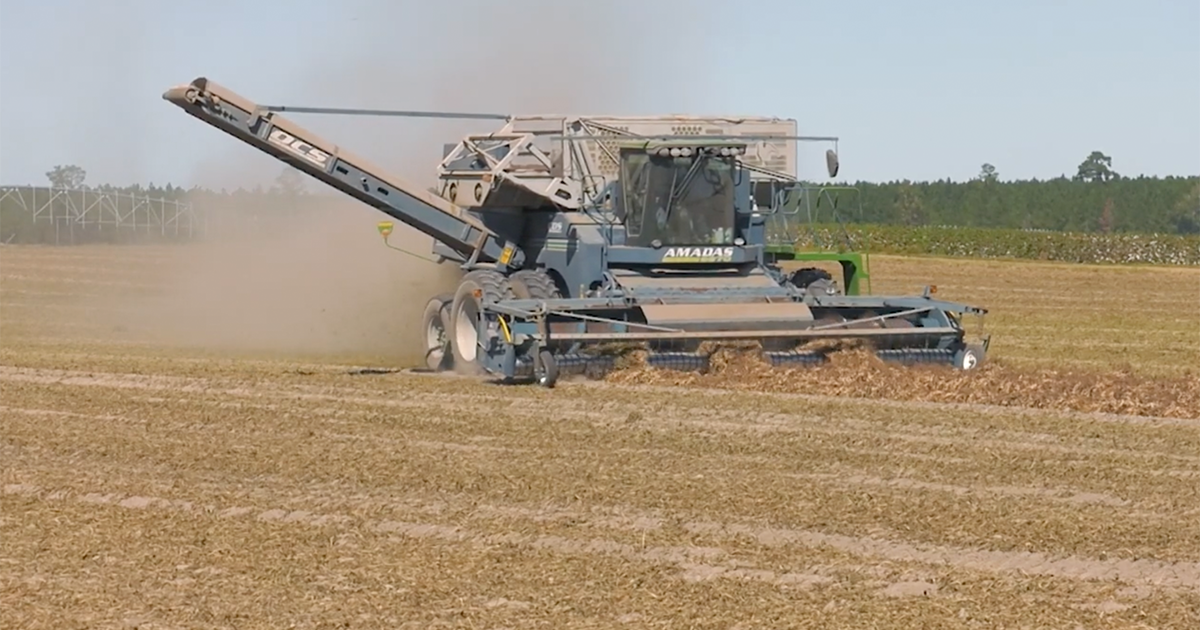Jasper, GA |
Recently in Jasper, the University of Georgia, held its annual Farm Stress Summit. An event that’s meant to shine a light on the stressors within the ag community and help strengthen the resources that are available. It’s an event that has helped make major strides on the topic of mental health, especially within the farming community as more and more people come forward to talk about their struggles and stress.
“One of the things we found is that in general, not just with the farming community, but also with any community, people are just more willing to talk about it. In the last five years, you’ve seen more people willing to come forward, athletes on TV talk about their mental health. Social media has made it a lot more accessible for people to say, ‘hey, I’m struggling, things are not okay.’ I think a lot of people have personally been touched by suicide or by a mental illness, either in their family or in their community and just talking about it, being willing to talk about it. There’s still a there’s still some stigma, but I think that we’re just having more conversations. People are a little more willing these days, and I just see it increasing every day,” says Jennifer Dunn, Deputy Assistant Commissioner of the Georgia Department of Behavioral Health and Developmental Disabilities.
According to Christina Proctor, a professor within UGA’s College of Public Health, that couldn’t be truer, as she says when conducting her research within the state, farmers were very open about where they were, and says most of the time, she found it only takes one person to start the conversation.
“One thing that really stuck out to me and all the interviews that we did with that, our farmers actually really wanted to talk about their stress. They wanted to talk about the struggles that they had faced. And I think there is this shift and I had an interview with a farmer a few weeks ago and she’s like, it only takes one of us. One of us has to be brave enough in these meetings to step out and say like, ‘hey, like I’m struggling,’ or ‘I think we should talk about mental health.’ I think having a stress summit like this opens up those conversations even more because somebody in this room can go to one of those meetings and feel like they can open up about it after they’ve seen other people up here sharing their experiences or they’ve seen the data and the quotes from our farmers across the state,” says Christina Proctor, a Professor at UGA.
Dunn believes that events like this one help facilitate those meaningful conversations, as more people realize the benefit to being open and discussing what they’re going through, and helps others know how to talk to those dealing with mental health challenges.
“One of the things I think that is the best advantage of this is you have the ag folks and the mental health folks in the same room and they get to know each other and they might have kids that play baseball together, they might play soccer together, but they didn’t know that’s what you did for a job. And so how can we build on those partnerships and work with these folks together? One of the things we just talked about in our last session was mental health first aid or question, persuade, and refer, which are two programs that help you have a conversation with people about just this topic. How do you talk to people about depression? How do you talk to people about suicide prevention? And so just the best thing to me is just knowing who the partners are, who the players are, and how we can connect each other,” says Dunn.
By: John Holcomb

